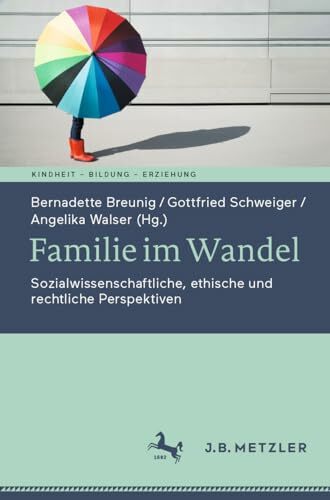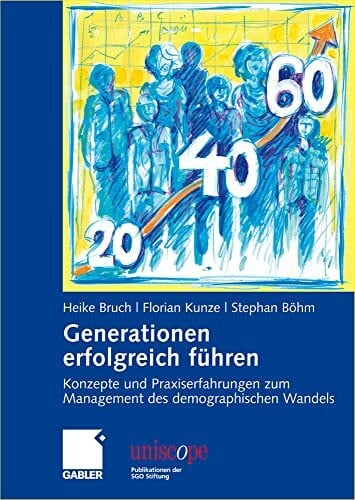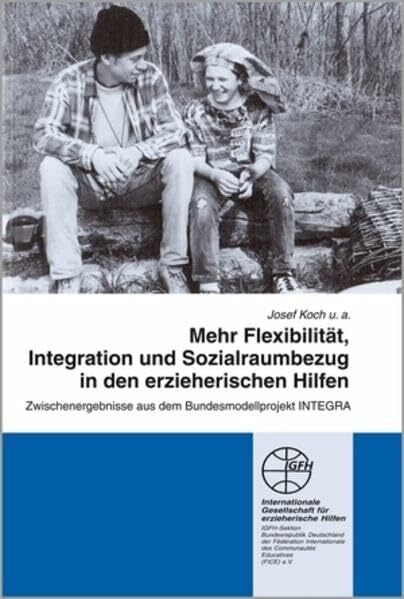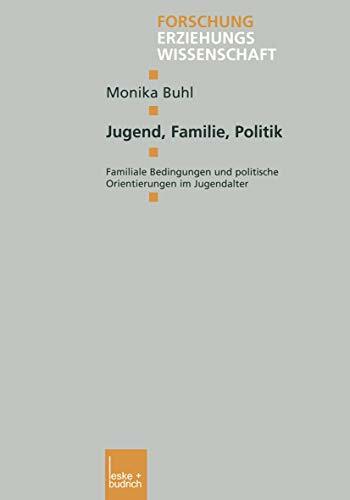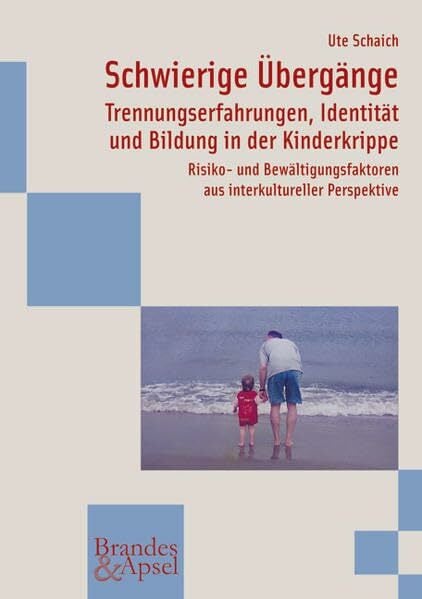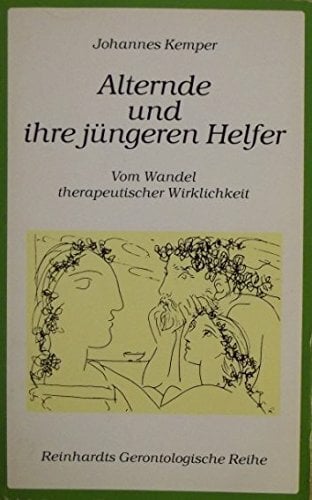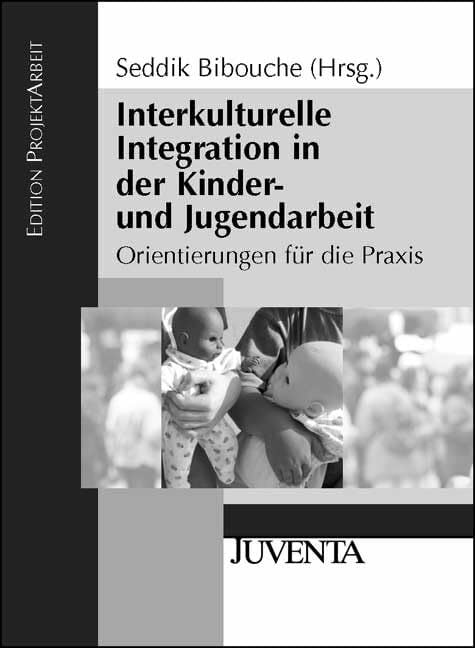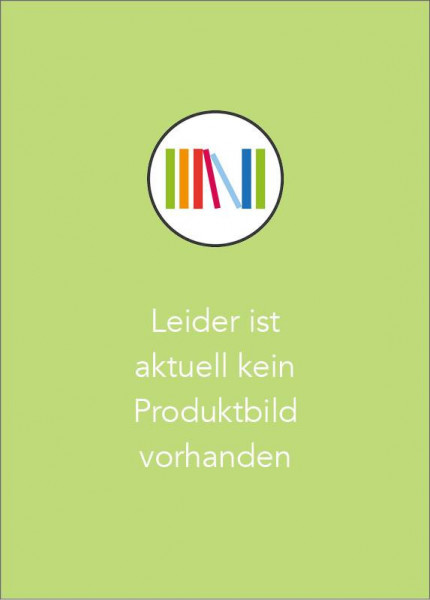
Family Change and Intergenerational Relations in Different Cultures
Kurzinformation
inkl. MwSt. Versandinformationen
Artikel zZt. nicht lieferbar
Artikel zZt. nicht lieferbar

Beschreibung
In family sociological terms modern industrial societies are characterised by two recent historical phenomena: l. The youth phase has been extended to a previously unknown degree due to the rise in the age of entry into working life. 2. Increased life expectancy has led to a strong quantitative increase in the number of farmlies encompassing four or even five generations. This begs the sociological question whether, due to the rise in the membership in the vertical line of relations and due to other factors - in particular in society as a whole - the family will preserve its unity "as a group of its own" (König 1969), or whether familial subsystems, each embracing certain generations, have come into being, resulting in isolating tendencies among individual generations or individual family members becoming evident. Do negligible exchange relationships arise within the family unit as a whole, due to an increased exclusivity of the individual nuclear family? This volume seeks to address this question. It concentrates primarily on describing familial change in Turkey, Poland, Spain, South Korea and Germany, and then on examining whether this familial change has led to changes in the material and immaterial transfer benefits between the family generations. The comparative cultural analysis should examine whether religious traditions - in spite of all tendencies towards secularisation - still play an important role in relation to the family.
Produktdetails

So garantieren wir Dir zu jeder Zeit Premiumqualität.
Über den Autor

- hardcover
- 144 Seiten
- Erschienen 2013
- Gabler Verlag

- paperback
- 220 Seiten
- Erschienen 2008
- Beltz

- paperback
- 264 Seiten
- Erschienen 1999
- Campus

- paperback
- 173 Seiten
- Erschienen 2001
- Asanger, R















